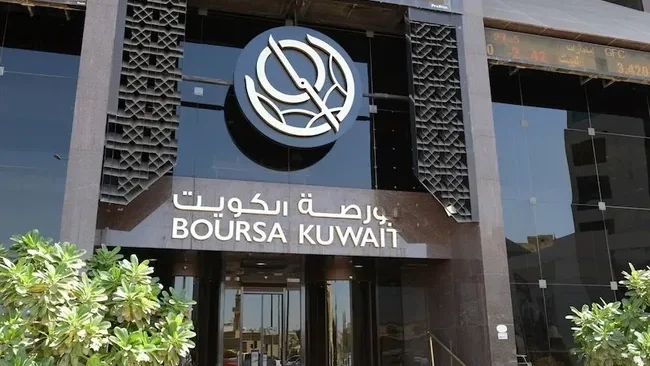JPMorgan to Remove Qatar and Kuwait from Emerging Markets Bond Index
In a major financial shift, JPMorgan Chase & Co. has announced that Qatar and Kuwait will be removed from its Emerging Markets Bond Index (EMBI), marking their transition to developed market status. The reclassification will take effect over a six-month period beginning on March 31, 2025, with full removal expected by August 29, 2025.
This decision underscores the growing economic strength of these Gulf nations, but also raises questions about how investors will adjust to these changes.
Why Are Qatar and Kuwait Being Removed?
JPMorgan’s decision is based on economic indicators that classify Qatar and Kuwait as developed markets rather than emerging ones. The firm evaluates economies based on several factors, including income levels, market accessibility, and cost-of-living ratios.
Qatar and Kuwait have demonstrated strong economic performance, stable financial markets, and high per capita income levels, all of which contribute to their upgrade from emerging market status.
Current Weight in the EMBI Index
- Qatar: 3.2% weight in the EMBI Global Diversified index
- Kuwait: 0.6% weight in the same index
With their removal, investors tracking the index will need to rebalance their portfolios, potentially redirecting capital to other emerging market nations.
What This Means for the UAE
The United Arab Emirates (UAE) is also on the verge of reclassification. According to JPMorgan, the UAE’s cost-of-living ratio has surpassed the emerging market threshold for two consecutive years. If this trend continues into next year, the UAE’s bonds—which currently hold a 4.1% weight in the EMBI Global Diversified index—will also be removed.
This suggests that the Gulf region as a whole is progressing toward developed market classification, signaling a broader economic transformation.
A Look Back: How Gulf Nations Entered the EMBI
JPMorgan’s EMBI is a widely followed benchmark that tracks the performance of government bonds issued by emerging market countries. Its inclusion criteria play a significant role in guiding global investment flows.
In 2018, JPMorgan conducted consultations on whether Gulf Cooperation Council (GCC) nations should be included in the EMBI. After careful consideration, the firm decided in 2019 to incorporate:
- Qatar
- Saudi Arabia
- United Arab Emirates
- Bahrain
- Kuwait
Together, these countries accounted for about 11.2% of the EMBI Global Diversified index. Their inclusion attracted substantial foreign investment into Gulf bond markets.
Investor Reactions and Market Impact
1. Portfolio Adjustments
With Qatar and Kuwait exiting the EMBI, index-tracking funds will need to divest from their bonds, likely shifting investments to other eligible emerging markets. This could lead to short-term capital outflows from these nations.
2. Borrowing Costs
Emerging market bonds typically offer higher yields to attract investors. However, with Qatar and Kuwait now classified as developed markets, their bonds may carry lower risk premiums but also reduced investor appeal.
3. Confidence in Gulf Economies
Despite concerns over capital reallocation, JPMorgan’s move is a positive signal that Qatar and Kuwait have strong economies, stable fiscal policies, and well-developed financial markets.
What’s Next for Qatar and Kuwait?
The transition to developed market status comes with both opportunities and challenges.
- Greater Economic Prestige: Being labeled as developed markets could attract more institutional investors focused on stable economies.
- Less Dependence on EM Funds: Qatar and Kuwait will no longer rely on emerging market funds, meaning they must compete in the global financial landscape without the same level of index-driven investment.
- Potential for More Credit Upgrades: As developed markets, they may see better credit ratings and easier access to financing.
Conclusion
JPMorgan’s decision to remove Qatar and Kuwait from its Emerging Markets Bond Index marks a significant turning point for these Gulf economies. While the move may cause short-term shifts in investment flows, it ultimately reflects their economic strength and financial stability.
With the UAE potentially following suit, the Gulf region is entering a new phase of global financial integration, redefining its role in international markets. Investors and policymakers will closely watch how this transition unfolds in the coming months.
Do follow gulf magazine on Instagram
for more information Gulf magazine



